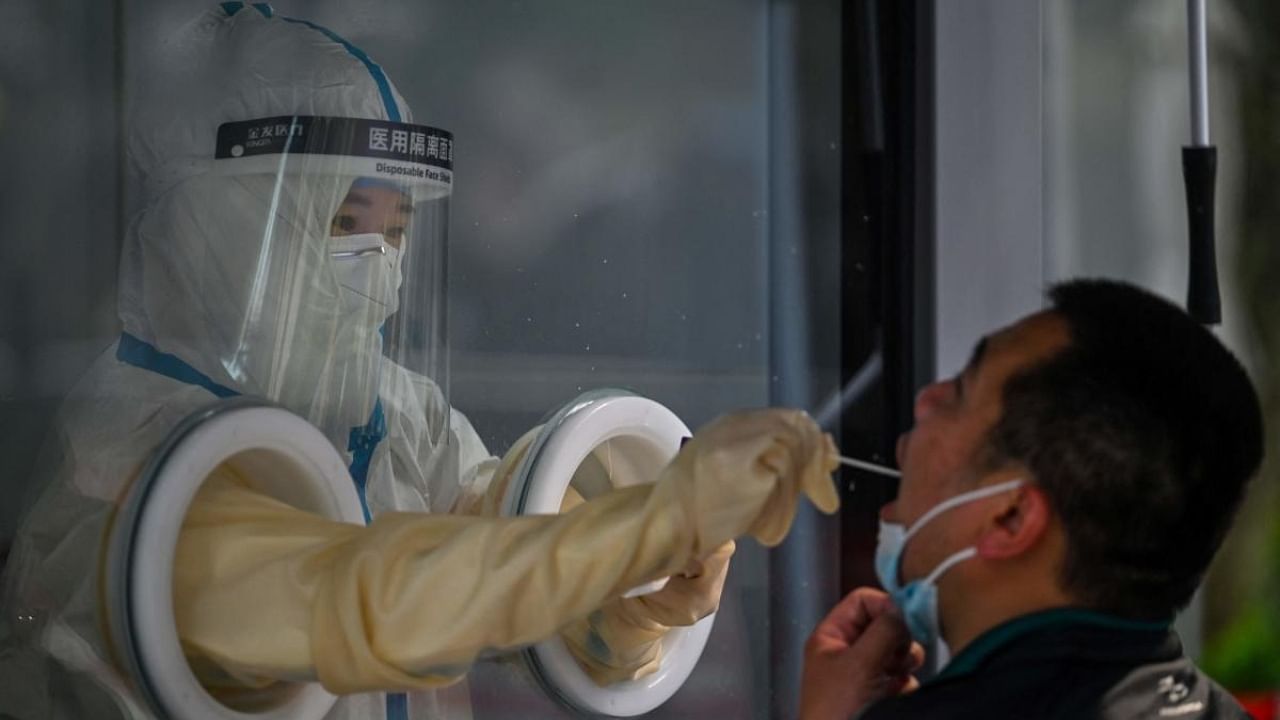
In a very predictable move Beijing suspended issuing all short-term visas to South Koreans and Japanese travelling to China. This was in retaliation to the new rules imposed on Chinese travellers because of the surge in Covid-19 infections in China in the last few weeks. Seoul decided to not issue visas to people coming from China, while Tokyo is not allowing flights from China to certain specific Japanese cities. Washington and London have also similar rigorous rules in effect.
Several countries have announced new rules, especially targeting Chinese travellers. The fear of the countries is well grounded given that the upcoming weeks will witness movement of large number of Chinese people domestically as well internationally, with respect to the celebrations of the Chinese New Year, which falls on January 22. Nations are worried as to how this will impact their domestic population, and the fear of new Covid-19 strains gaining strength. Since the outbreak of the pandemic and Beijing’s ‘zero Covid’ policies, this will be the first time Chinese people will be able to travel freely.
Beijing’s displeasure and reaction are on expected lines. The retaliatory suspension of visas is China’s way of expressing its anger and trying to push its agenda. China has always used similar tactics to get nations to agree to its demands. Beijing is very much aware that such suspension has the capacity to adversely affect economic ties. After such announcements, the shares of some of the prominent South Korean travel and tourism companies dropped.
Since the Covid-19 outbreak, Beijing has struggled to control the international narrative in its favour. That the virus was traced back to Wuhan has not helped China’s image globally. Over time China has been perceived as the nation which is responsible for the pandemic with various theories of the outbreak doing the rounds. Efforts by Chinese State media to change the narrative have not been fruitful. If the Chinese government was a responsible international player, it would have been more pro-active in informing the world about the virus, and its impact. However, Beijing’s initial response was one to censor and control news about the virus.
To add to this the recent protests in China calling for the end of the government’s ‘zero Covid’ policy further affected the Chinese government’s image. Protests have also taken place in universities where students have called for Xi Jinping’s resignation and demanded a change of guard. Protests are not new thing in China, however, protests where the anger and discontent is aimed at the central leadership is exceptional. The 2022 protests would be the first similar instance of such calls since the Tiananmen Square protests in 1989.
The recent protests have led to Beijing relaxing its ‘zero Covid’ policies. However, the world was not ready for the Chinese travellers, and thus imposed restrictions. Following this the Chinese government has managed to build a narrative of discrimination, and how the world is not comfortable with China’s rise. By undertaking a retaliatory stance, Beijing is taking the high moral ground in front of its people.
There is no surprise that this development will be used by the Chinese government to further fan the nationalistic feelings and direct the domestic anger towards outside forces. In several instances Beijing has directed the discourse towards the Century of Humiliation to suit its needs and turn away heat from its actions. During this ongoing pandemic and the slowing down of the economy, Beijing has diverted the public’s pent up anger away from it. Expect more such measures where Beijing will adopt policies that help cover its lapses and help spin a narrative domestically in its favour.
(Gunjan Singh is Assistant Professor, OP Jindal Global University.)
Disclaimer: The views expressed are the author's own. They do not necessarily reflect the views of DH.